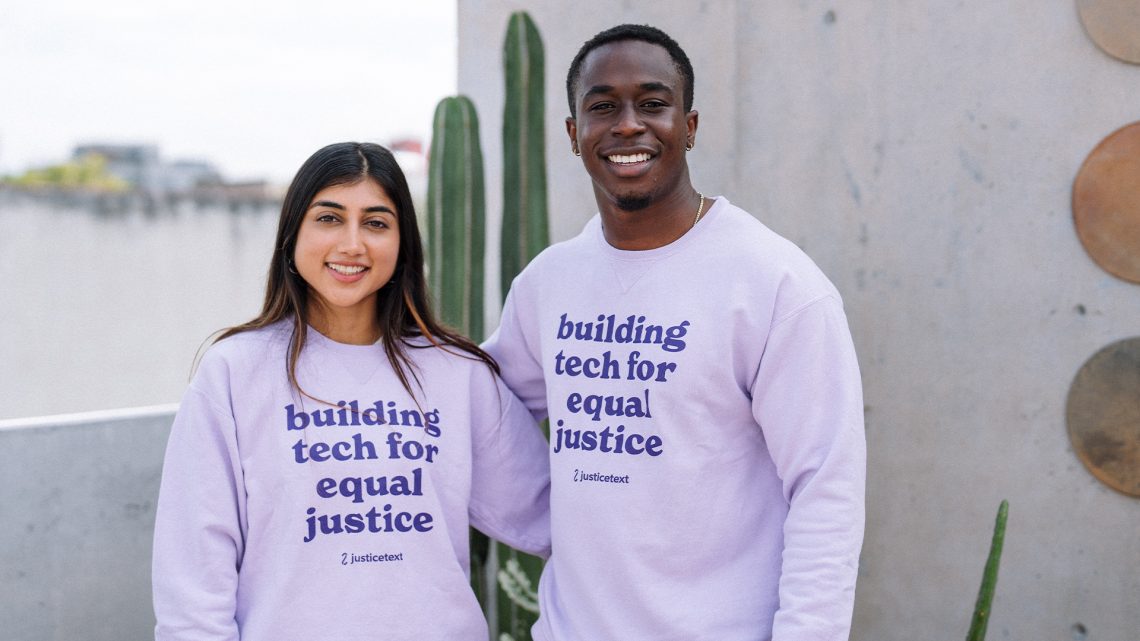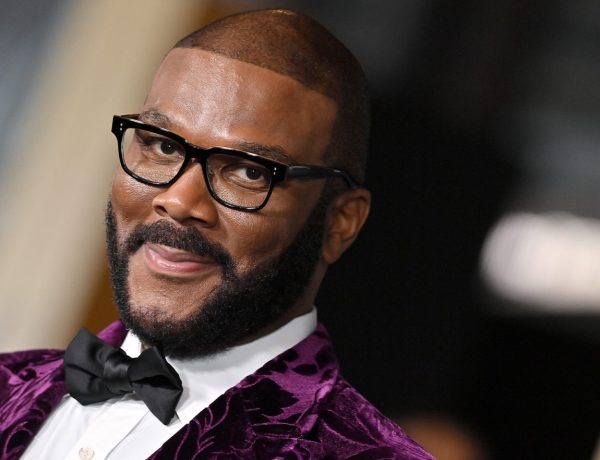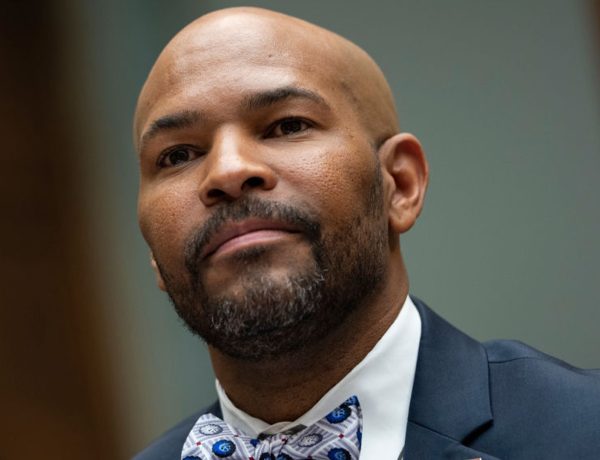Two computer science majors from the University of Chicago (UChicago) are making significant strides in advancing improvements in the criminal justice system.
Death Of Laquan McDonald Inspired The Need For Change
Co-founders Leslie Jones-Dove and Devshi Mehrotra refused to look the other way following two tragedies at the hands of police. In 2015, while attending the University of Chicago in Illinois as freshmen, Jones-Dove and Mehrotra learned of dash cam footage that was released showing 17-year-old Laquan McDonald being fatally shot 16 times by Officer Jason Van Dyke on Oct. 20, 2014, ABC-7 Chicago reports.
The incident sparked protests across the city and demonstrations on the University of Chicago campus. For the duo, it served as a launch pad for their interest in the intersection of technology and criminal justice.
According to The Guardian, a police union official said McDonald had “lunged at police” before the officer fired shots. However, the video footage told a different story.
“The actual body cam itself highlighted the importance of video evidence and providing vital information leading to better outcomes for people,” Jones-Dove said in an interview with AFROTECH.
Ultimately, in 2018 Van Dyke was convicted of second-degree murder, receiving seven years behind bars, and was released after the three-year mark, per The New York Times.
Inception Of JusticeText
The greater purpose for the computer science majors would become crystal clear by their senior year. Jones-Dove and Mehrotra enrolled in a course that encouraged them to delve into a problem that demanded technological intervention for a solution. While some students considered an application that could help solve the direct needs of on-campus students, the pair looked beyond their campus grounds to assess the surrounding area of Chicago’s south side. They found additional motivation to develop an app to assist their community’s judicial system.
The next step would lead the UChicago alums to communicate with various public defenders tasked with representing those who break the law. Through this process, they discovered the diverse challenges public defenders encounter when reviewing a case and became increasingly aware of the potential of technology to address inequities that impede individuals from receiving a fair and just trial.
“Across the country, there are a number of public defender’s offices where they’re underpaid and overworked,” Jones-Dove shared. “It means that they have a lot less time to review increasing volumes of video evidence, body cam, jail calls, etc. That means some crucial information, like the information used to serve justice in this Laquan McDonald situation, goes [unseen].”
He continued, “We thought by helping public defense review mountains of video audio evidence, we might help the poor that kind of rely on their services, thereby affecting the surrounding community at least.”
Mehrotra added, “There was a lot of innovation taking place within our local judicial system. There would be predictive policing tools that were being rolled out in local courts and gang databases that were being developed to track individuals whom police found suspicious. So, there were all these ways in which technology was being leveraged. But one thing that we spent a lot of time reflecting on was that all of these solutions were being built to make it easier to arrest and incarcerate. Oftentimes, people who care deeply about social justice started to think of tech as this boogeyman, as a force for exacerbating a lot of existing inequities.
“As two young people of color in this field, we felt we could create positive change with the skills that we had developed,” she continued. “We really wanted to see what it would look like to build solutions that center the communities who have been most directly harmed by our criminal justice system.”
2020 Encouraged The Founders To Pursue The Venture Full-Time
Following the completion of their bachelor’s degrees from the University of Chicago, Jones-Dove and Mehrotra began building what would become JusticeText, a software designed to increase accountability by helping public defenders filter through countless hours of video footage competently, in collaboration with attorneys in various parts of the criminal justice system.
Mehrotra enrolled in graduate school, while Jones-Dove secured a full-time position as a software engineer at Google. By 2021, the co-founders decided to focus on their startup following the death of George Floyd at the hands of former Minneapolis Police Officer Derek Chauvin in 2020.
“Neither of us actually planned to work on JusticeText full-time immediately after UChicago,” Mehrotra said. “And in 2020, all the national reckoning that was taking place around George Floyd’s murder was a huge catalyst for me to be like, ‘Forget it. I’m not gonna apply for a job.’ There’s no better time for me to be taking a bet on myself, taking a bet on this idea, and seeing where we can take it.”
Jones-Dove said, “I was at Google at this point, but I knew that I was going to leave at some point to pursue this project. But 2020 made it feel more urgent. There was this wave of protests and action taking place. When I compare this work that we’re doing with what I was doing with Google Photos, it was interesting and challenging, but this is far more aligned with my personal values and vision for a better world.”
Platform’s Features
According to the company website, JusticeText is providing automated transcripts, available in 10 languages, that swiftly organize hours of video footage, helping to cut down the time in half for users. The software also provides timestamps to help public defenders note relevant sections of the video and emphasize useful keywords or phrases. An example includes capturing when the Miranda Rights are given, which is required by police enforcement when an individual is arrested or placed in custody for interrogation.
“We use artificial intelligence to pull out key insights,” Jones-Dove, chief technology offer, said. “So, in a police encounter, if someone gets arrested, the police officer is expected to read their Miranda Rights. So, we automatically identify when that happens in your video so that you can go directly to that section. Or if it’s missing, you can assume maybe this isn’t up to standard, and this is something that we can press people on.”
Mehrotra, CEO, added, “What a lot of public defenders would always use was the phrase, ‘It feels like I’m looking for a needle in a haystack.’ They would have these jail call recordings of their clients who have been detained for months, if not years, in jail, and they’re trying to sift through all that information and make sense of it. They’re looking through body cam footage from multiple different officer perspectives and trying to piece together a clear timeline of events. And they have no support, whether it be in terms of human capital or technology, to assist with that. So the prospect of being able to step in there and support them was really exciting.”
Raising Venture Capital
At the time of this writing, JusticeText processed 15,000 hours of footage in 2023, working alongside thousands of agencies across the United States. The company has also raised $3 million in venture capital from investors that include Reid Hoffman, Michael Tubbs, and John Legend, according to information provided to AFROTECH.
Mehrotra notes the significance of their efforts and ability to receive funding, as she believes the government technology sector is sometimes overlooked by venture capital. However, it became hard to dismiss their efforts. They also improved their credibility through numerous success stories of their users and secured contracts with state and county governments.
“We’ve had so many attorneys reach out to us and tell us that after processing their body cam through our program, they were able to get dismissals or reduced sentences for their clients because there was just some nugget of information that was hiding beneath hours of footage,” she explained. “We reached a point where the impact of our product spoke for itself. As underrepresented founders in an underrepresented industry, I think we had to hold ourselves to a higher standard before going out and raising funds. Still, we have some incredible people on board, which has really been a game changer.”





